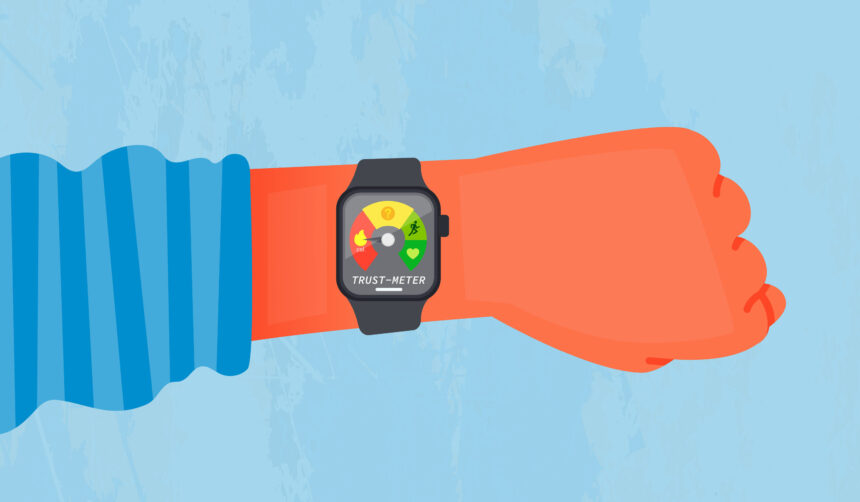Wearable technology has become increasingly popular among Americans, with many relying on devices like Apple Watches to track their fitness goals. However, a recent study conducted by University of Mississippi professor Minsoo Kang and doctoral student Ju-Pil Choe raises questions about the accuracy of these devices.
The researchers reviewed 56 studies comparing the Apple Watch to trusted reference tools in measuring energy burned, heart rate, and step counts. The data from the National Institutes of Health shows that wearable technology has gained popularity across all user demographics, from elite athletes to the general population.
According to Choe, if people are using these devices to make decisions about their workouts or medical conditions, the data should be accurate. Inaccurate readings could lead to confusion, overtraining, or even missed health warnings. The researchers found that Apple Watches are generally accurate when measuring heart rate and step counts, with mean absolute percent errors of 4.43% and 8.17% respectively. However, the error for energy expenditure was much higher at 27.96%.
The study revealed that the inaccuracy was consistent across all types of users and activities tested, including walking, running, cycling, and mixed-intensity workouts. While Apple Watches can serve as a useful support tool for tracking basic activity, they should not replace clinical tools or medical judgment, Kang emphasized.
Choe noted that newer models of the Apple Watch appear to be more accurate, indicating a trend of gradual improvements over time. Kang hopes that the study will help consumers make informed decisions about purchasing and using wearable devices, while also providing feedback to developers for further enhancements.
The research, published in the journal Physiological Measurement, aims to guide improvements in wearable technology to make these devices more beneficial for everyday users and healthcare providers. By identifying weaknesses in the current technology, developers can design better sensors and algorithms to enhance the accuracy of wearable devices.
Overall, while wearable technology can be a valuable tool for tracking fitness goals, users should not rely on the data as completely accurate. It is essential to view the information provided by these devices as a helpful guide rather than a diagnostic tool. As the technology continues to evolve, advancements in accuracy and reliability can be expected to further enhance the user experience.








